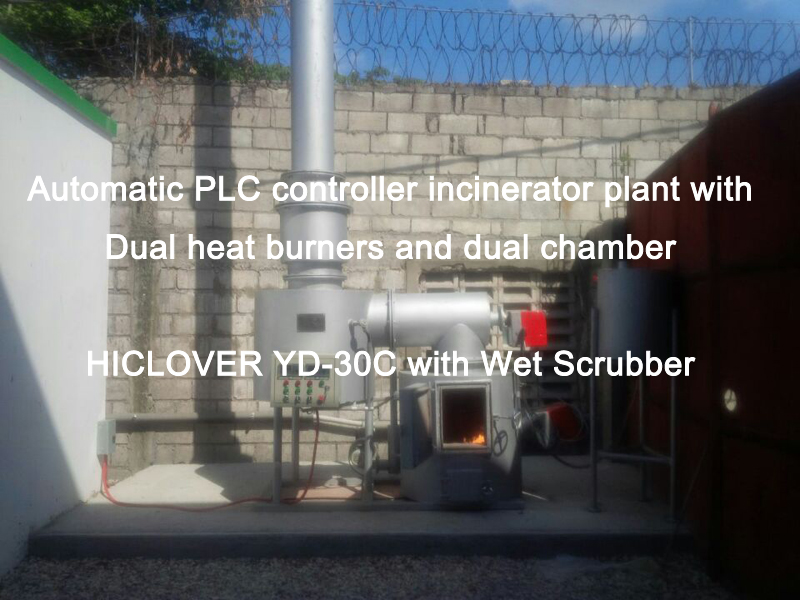Rubbish pit disposal has been a common method of waste management for centuries. However, as society has become more aware of the environmental impact of our actions, the way we dispose of waste has come under scrutiny. The Environmental impact of rubbish pit disposal methods is a topic that needs to be explored in order to understand the implications and find more sustainable solutions.
One of the main environmental concerns with rubbish pit disposal is the leaching of harmful chemicals into the soil and groundwater. When organic waste breaks down in a pit, it releases potentially hazardous substances into the surrounding environment. This can include heavy metals, pesticides, and pharmaceuticals, which can contaminate the soil and water, posing a risk to human health and wildlife.
Another issue with rubbish pit disposal is the generation of greenhouse gases. As organic waste decomposes, it releases methane, a potent greenhouse gas that contributes to climate change. In fact, landfills are a significant source of methane emissions, accounting for about 20% of total methane emissions in the United States. This highlights the need to find alternative waste management methods that can reduce the generation of greenhouse gases.
Furthermore, rubbish pits can attract pests such as rats and flies, which can spread diseases and create a nuisance for nearby communities. This can have a negative impact on public health and the quality of life for those living in the vicinity of the pit.
To minimize the environmental impact of rubbish pit disposal methods, it is crucial to explore more sustainable alternatives. One option is to implement proper waste segregation and recycling programs to divert recyclable materials from ending up in rubbish pits. Composting organic waste can also help reduce the generation of methane and provide valuable nutrients for the soil.
In addition, the use of modern landfill technologies, such as aerobic decomposition processes, can help reduce methane emissions and minimize the impact on the environment. These technologies involve the extraction and treatment of landfill gas to reduce its greenhouse gas potential.
It is also important to raise awareness and educate communities about the environmental consequences of rubbish pit disposal, in order to promote responsible waste management practices.
In conclusion, the environmental impact of rubbish pit disposal methods is a critical issue that needs to be addressed. By exploring more sustainable alternatives and raising awareness about the consequences of improper waste management, we can minimize the environmental impact of rubbish pit disposal and work towards a more sustainable future. It is time to rethink our approach to waste management and strive for solutions that protect the environment and public health.



